How To Talk To Your Daughter About Her Cycle
Is there a right time to bring the topic of periods up with your daughter?
“Menstruation can start anytime from the age of eight, so it’s important to bring it up as early as possible. It’s our job as parents to be having these conversations with kids from a young age and not wait until secondary school – the worst thing would be for a child to start their period and feel scared because they don’t understand or expect it. I’d suggest a regular series of conversations rather than one overwhelming chat. Your child may even begin asking questions early on, in which case, answer their questions honestly and with as many informative answers as you can. Open the conversation for them – they may start hearing things at school or from friends, and you’ll want to be able to clarify any rumours or worries they have. Make it personal by sharing your experience, as a teen and as a woman, so she can relate to the subject in a more personal way. Emphasise periods are completely natural and normal – they’re part of growing up.” – Hannah Samano, founder of Unfabled
“It’s going to be a different time for each child, and the details of the conversation will differ, too. I am a big believer in giving kids an age-appropriate explanation and understanding of something that’s a normal part of human physiology and showing them that it’s nothing to be afraid of.” – Iryna Ilyich, MD and obstetrician-gynaecologist at Flo Health
Can you suggest some creative ways for parents to start these conversations?
“Forget a forced, formal conversation – keeping it light and relevant is important. Children will always be curious – they may well ask what the colourful packages in your bathroom are or will ask you about breasts and pubic hair. When they ask you questions about these topics, this is a great starting point for a period-focused conversation.” – Iryna
“It can be helpful to be a myth buster. What has your child heard? What do they know or think about periods? Make it fun by letting them lead and taking it from there. You could also show them period products you keep in the house and ask them what they think they are – have they seen them before? What do they think a tampon does? This can help fill in education gaps in a visual way. There are lots of apps that can help, too – Clue and Flo are great. Kids understand technology and apps can be a real educator.” – Hannah
Do you have any advice for normalising the idea of having a period?
“Think about the language you’re using. Avoid using phrases like ‘sanitary products’ and ‘feminine hygiene’ as these only compound the stigma that there’s something unsanitary about having a period. I would also stress that avoiding phrases like ‘feminine’ when talking about periods is important, as non-binary people, trans men and teens may have periods. Try to use language like ‘period care’ instead.” – Hannah
How can you help your daughter feel more comfortable about having a period?
“There’s absolutely nothing awkward, worrying or scary about starting period conversations and periods, discharge and puberty. It can be helpful to show your daughter where you store your period products, and how to unpack them and how to use them. This may sound simple, but it can help your daughter to feel more confident about the situation. You can also explain that a period can sometimes be painful and share some tips on dealing with it – a hot water bottle, watching a film on the sofa, for example. Her first period can be a celebration, too – she’s growing up, and that’s great.” – Iryna
How can you explain the science behind a period without overcomplicating it?
“Focus on the menstrual cycle and what that means. And if you don’t know it all yourself, that’s okay, too – you can learn together. The menstrual cycle is an approximately 28-day cycle that prepares some bodies for pregnancy. Hormone levels (the way we feel in our body) can change during the cycle. You can explain that your body makes hormones to help you grow as you go through puberty, turning you into an adult. During your cycle, bleeding from the vagina happens and this is called a period – it only lasts a few days and then stops.” – Hannah
“It helps not to go into too much detail. Tell her that as you grow up, the body starts preparing for pregnancy each month and creates a soft pad for a future baby inside your uterus. If a pregnancy doesn’t happen, the pad sheds once a month, and the discharge resembles blood. But don’t be afraid, it’s normal and all women experience the same thing, each cycle, for two to seven days.” – Iryna
How can you support your daughter if she’s one of the first in her peer group to start her period?
“Remind her that although she may be one of the first, a huge number of people around her have already started theirs and gone through it. Remind her that her teachers, family and lots of other women she knows have been there, and her friends ultimately will, too. Try to enforce the idea that everyone is different, and everything happens in its own time. Also remember it’s normal for teens to have irregular periods. It may start and then disappear completely and can take years to become regular.” – Hannah
What if she is one of the last?
“Delayed periods are also normal. Your period will start when the body is ready – it’s usually between the ages of ten and 16, but there are lots of reasons why it can be late or early, including weight and other health factors like hormone imbalance and lots of exercise. If your daughter hasn’t started her period by the age of 16, chat to your GP, as there will be reason which can very likely be pinpointed and solved.” – Hannah
What are some of the best products for teens?
“Most younger girls feel more comfortable starting with a pad as it’s an easier way to ease yourself into the routine of managing your flow. Once they’ve got to grips with a pad – whether it’s disposable or reusable – they could try a tampon. There are, however, various myths surrounding tampon use, which you should try to dispel for her. It’s all about educating – there’s no way a tampon can get lost in the vagina, for example, and it also can’t move to other parts of the body. It’s also important for girls to understand that during their period, their flow, cervix height, routine and mood change, meaning that on some days, some products may work better than others. Maybe your daughter made the switch to tampons but is struggling to get the angle right, in which case a product like DAME’s Reusable Applicator could help.” – Hannah
What about sustainable options?
“Mainstream menstrual pads and tampons tend to contain plastic. In fact, the average pad is 90% plastic and takes up to 1,000 years to decompose. Not all disposable period products are harmful – for example, switching to natural, biodegradable options such as organic liners, tampons and pads can make a difference. You can also find tampons with applicators made from sugarcane, with each tampon wrapped in water-soluble wrappers. Period pants are a great option for younger girls and are both sustainable and super comfy. FLUX’s undies are great (they hold up to four tampons’ worth and can be worn leak-free for up to 12 hours), as are DAME’s Reusable Pads. Menstrual cups are also a great option. Saalt’s Teen Menstrual Cup was created in collaboration with teens for a perfect fit and provides 12 hours of worry-free protection.” – Hannah
Shop These Expert Approved Products...
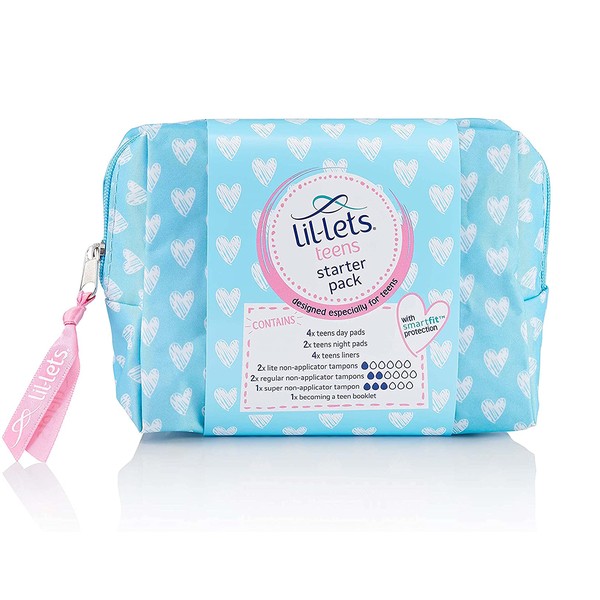
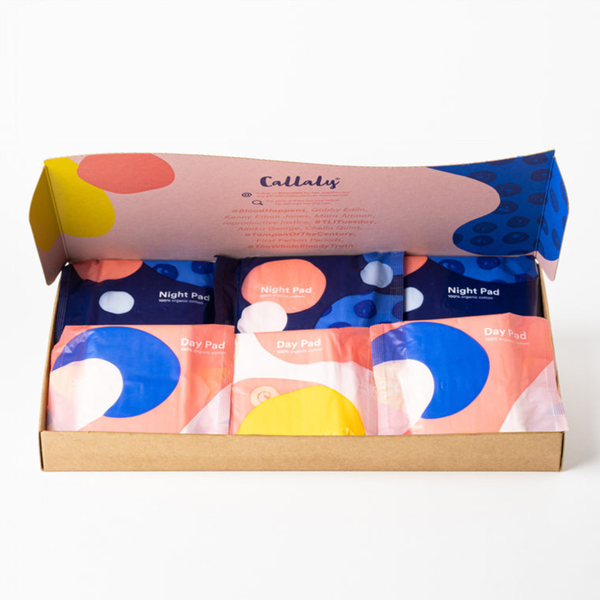
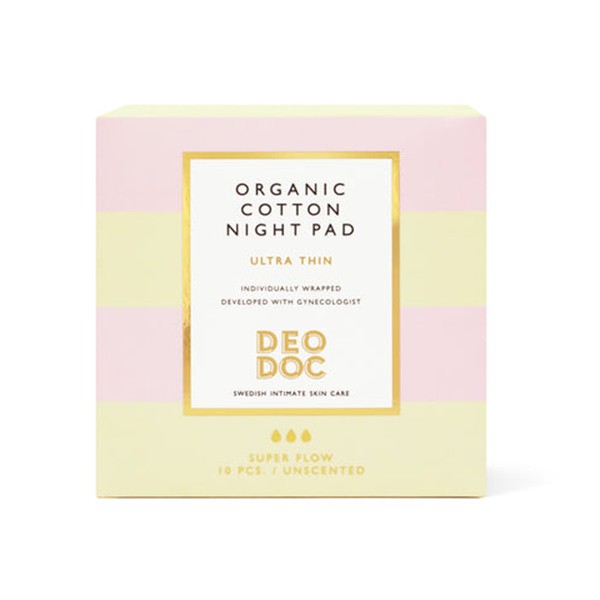
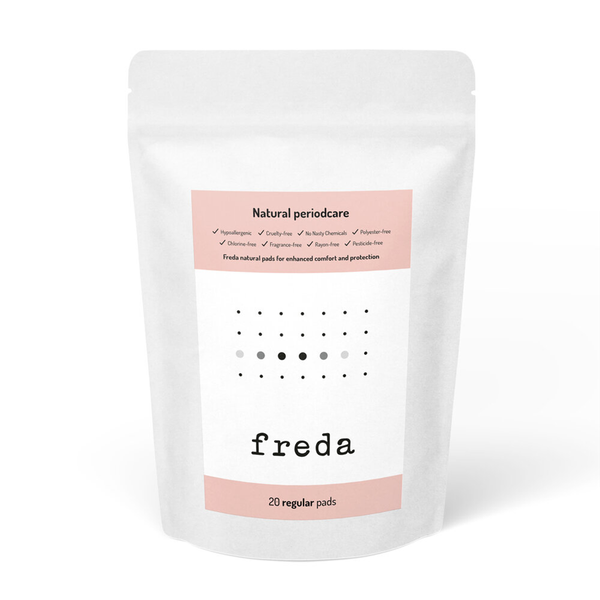
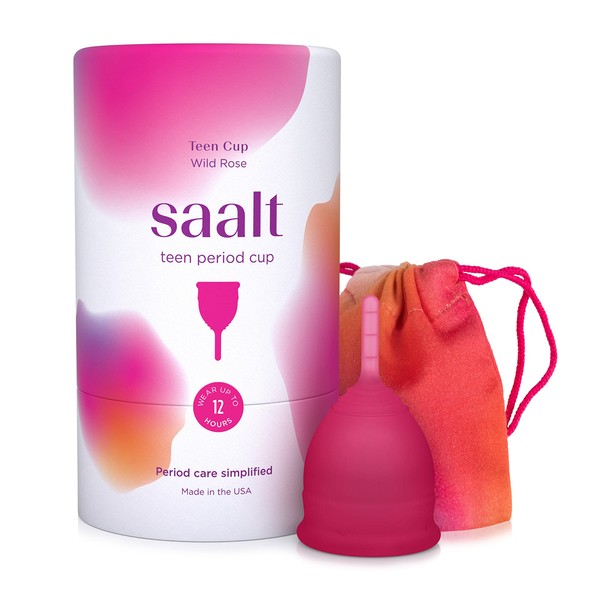
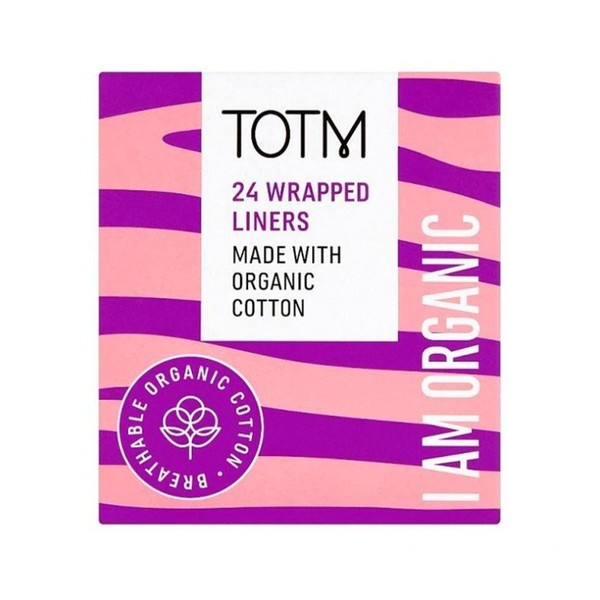
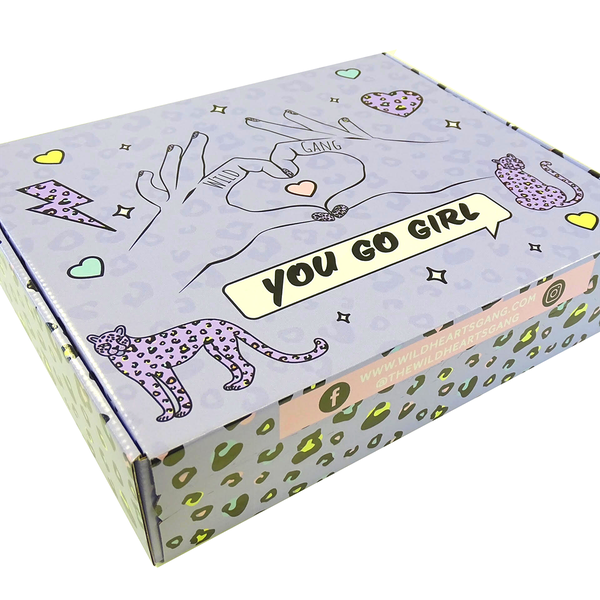
For more information, visit Unfabled.co and Flo.Health
DISCLAIMER: Features published by SheerLuxe are not intended to treat, diagnose, cure or prevent any disease. Always seek the advice of your GP or another qualified healthcare provider for any questions you have regarding a medical condition, and before undertaking any diet, exercise or other health-related programme.
DISCLAIMER: We endeavour to always credit the correct original source of every image we use. If you think a credit may be incorrect, please contact us at info@sheerluxe.com.
All products on this page have been selected by our editorial team, however we may make commission on some products.
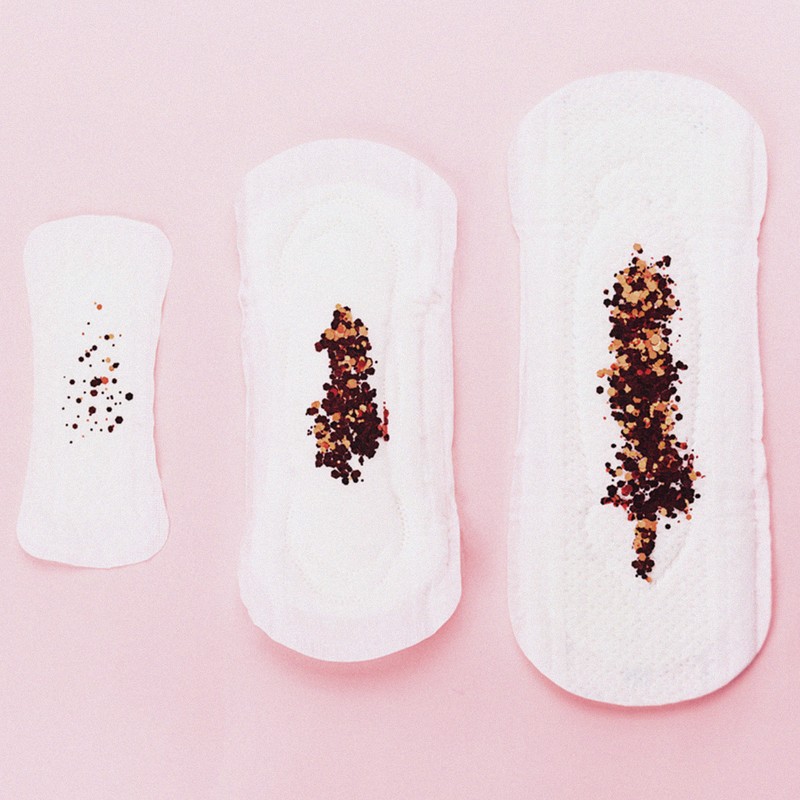
/https%3A%2F%2Fsheerluxe.com%2Fsites%2Fsheerluxe%2Ffiles%2Fwebsite-images%2F2025%2F04%2Fnew-parenting-background-image.jpg?itok=au3AjSlw)